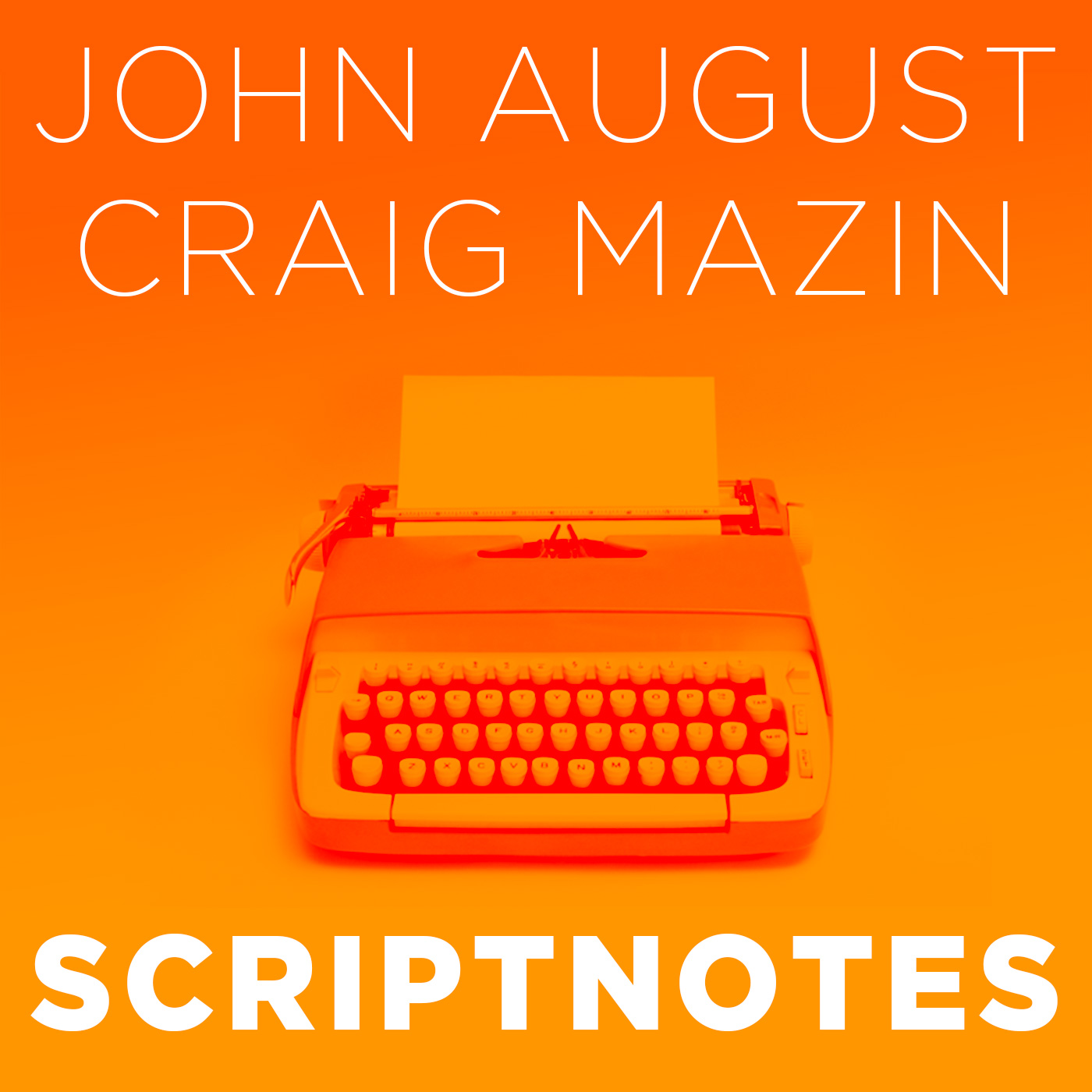
356 - Writing Animated Movies (Encore)

Scriptnotes Podcast
Deep Dive
Why is animation writing not covered by the Writers Guild of America (WGA)?
Animation writing is not covered by the WGA because historically, when animation was new, the WGA didn't consider it necessary to include. The Animation Guild, part of IATSE, took over representing animation writers at major studios. U.S. labor law prevents the WGA from reclaiming this jurisdiction, leaving animation writers without WGA protections like residuals.
How much did Linda Woolverton earn for writing 'Beauty and the Beast'?
Linda Woolverton was paid $35,000 upfront for four years of work on 'Beauty and the Beast.' She received no residuals, but was given a $100,000 bonus after the film's completion. This lack of residuals is due to animation not being covered by the WGA.
What challenges do writers face in the animation industry?
Writers in animation often face challenges such as lack of WGA protection, no residuals, and lower pay compared to live-action writing. Additionally, animation is seen as an artist-driven medium, which can marginalize writers. The process is also highly iterative, with scripts frequently being rewritten or discarded during production.
What is the significance of 'Beauty and the Beast' being the first animated film nominated for an Academy Award for Best Picture?
The nomination of 'Beauty and the Beast' for Best Picture was a groundbreaking moment for animated films, elevating them to be considered on par with live-action films. This recognition helped shift perceptions of animation as not just children's entertainment but as serious cinematic art, paving the way for future animated films like those from Pixar.
How does the process of writing for animation differ from live-action?
Writing for animation involves a more iterative and collaborative process compared to live-action. In animation, scripts are continuously revised alongside storyboarding, animatics, and production. Writers often have less control as the story evolves visually, and changes can be made much later in the process. This contrasts with live-action, where the script is typically finalized before shooting begins.
What is the impact of hyper-realistic CGI on the distinction between animation and live-action?
Hyper-realistic CGI blurs the line between animation and live-action, raising questions about how to classify such films. This has significant financial implications for writers, as WGA protections and residuals depend on whether a film is considered live-action or animation. For example, films like 'The Lion King' remake, which are fully CGI but feature real actors' voices, challenge traditional definitions.
What advice does Linda Woolverton have for writers transitioning from live-action to animation?
Linda Woolverton advises writers transitioning to animation to be aware of the lack of WGA protections and to negotiate contracts that offer similar benefits. She also emphasizes the importance of understanding the collaborative and iterative nature of animation, where writers must adapt to frequent changes and work closely with artists and directors.
How did Linda Woolverton break into the animation industry?
Linda Woolverton broke into the animation industry by writing young adult novels and a spec script for 'Muppet Babies.' She then wrote for Saturday morning cartoons like 'Berenstain Bears.' Her persistence led her to Disney, where she pitched ideas and eventually wrote 'Beauty and the Beast,' marking her entry into feature animation.
What is the role of the 'I want' song in Disney animated musicals?
The 'I want' song in Disney animated musicals, often the second song, serves to articulate the protagonist's desires and motivations. It helps establish the character's goals and drives the narrative forward. However, Woolverton cautions against over-reliance on this formula, as it can make characters feel one-dimensional.
What is the importance of wardrobe changes in animated films?
Wardrobe changes in animated films are often minimal but highly significant. Each change, such as Belle's iconic yellow dress in 'Beauty and the Beast,' carries narrative weight and symbolizes character development. Limited wardrobe changes can also reflect the character's journey and the film's pacing.
Shownotes Transcript
John welcomes Linda Woolverton (Beauty and the Beast, The Lion King, Homeward Bound) to talk about her experience writing animated features, from the parallel processes of writing and production to her paltry paycheck for Beauty and the Beast. They consider the blurring lines between live-action and hyperrealistic CGI, as well as the history of animation writers’ exclusion from the WGA.
We also answer listener questions about whether there is such a thing as a bad character want and how to manage story days within a screenplay, which prompts exploration of wardrobe changes, thinking in terms of color rather than time and Linda’s penchant for naked characters.
In our bonus segment for premium members, John and Drew look back on their goals for 2024 and discuss how to make New Year’s resolutions you’ll actually accomplish.
Links:
- Linda Woolverton)
- Episode 92: The Little Mermaid)
- Shanghai Disney’s Pirates of the Caribbean). This POV video of the ride) is definitely a spoiler.
- Climate Central)
- Get a Scriptnotes T-shirt!)
- Check out the Inneresting Newsletter)
- Gift a Scriptnotes Subscription) or treat yourself to a premium subscription!)
- Craig Mazin on Threads) and Instagram)
- John August on BlueSky), Threads), Instagram), and Mastodon)
- Outro) by Matthew Chilelli (send us yours!))
- This episode was originally produced by Megan McDonnell). Scriptnotes is produced by Drew Marquardt and edited by Matthew Chilelli).
Email us at [email protected]
You can download the episode here).